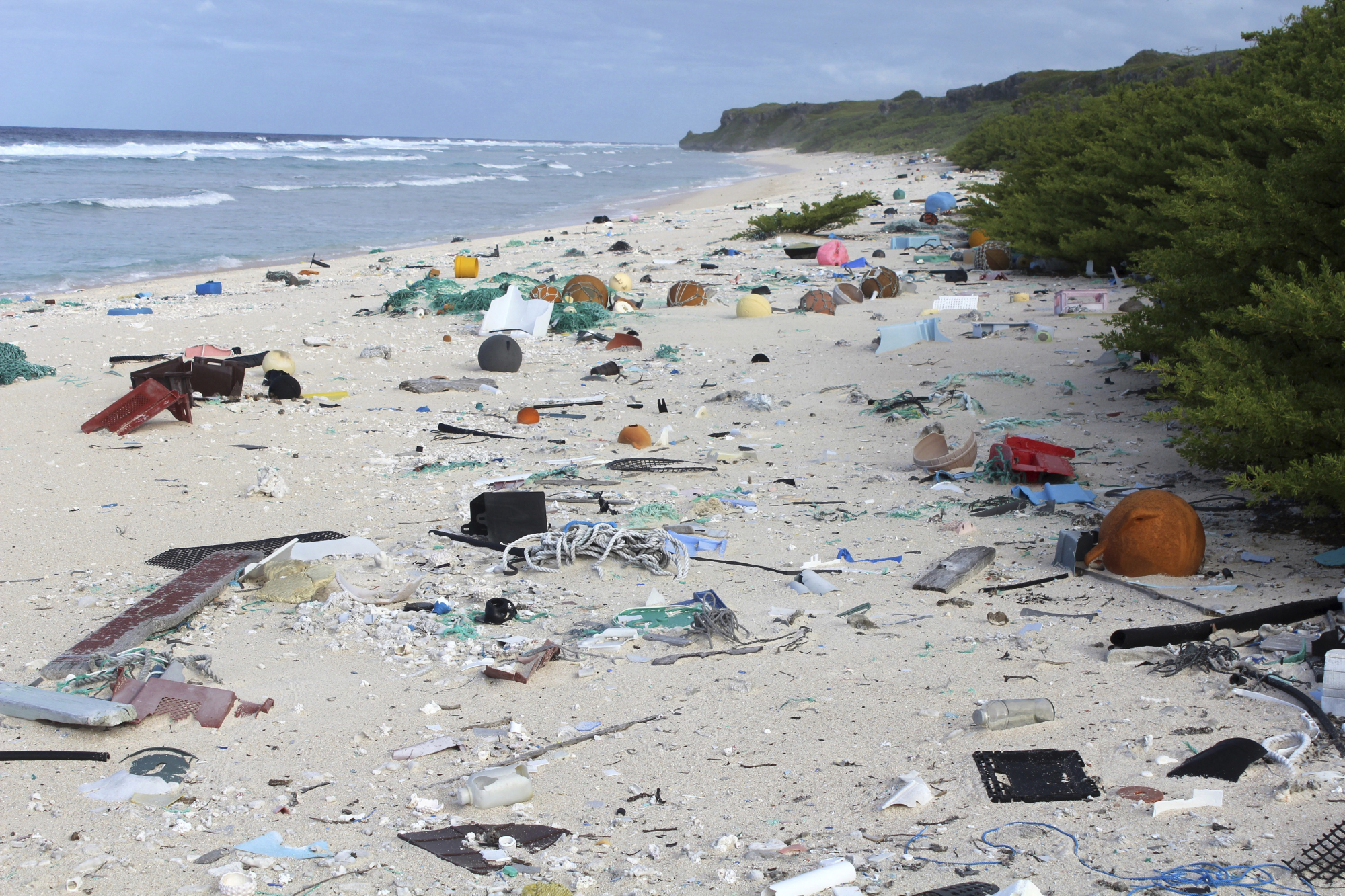If there are any geologists in millions of years, they will easily be able to pinpoint the start of the so-called Anthropocene — the geological age during which humans became the dominant influence on our planet's environment. Wherever they look, they will find clear evidence of its onset, in the form of plastic waste.
Plastic is a key material in the world economy, found in cars, mobile phones, toys, clothes, packaging, medical devices and much more. Worldwide, 322 million metric tons of plastic was produced in 2015. And the figure keeps growing; by 2050, it could be four times higher.
But plastic already is creating massive global environmental, economic and social problems. Despite requiring resources to produce, plastic is so cheap that it often is used for disposable — often single-use — products. As a result, a huge amount of it ends up polluting the Earth.


















With your current subscription plan you can comment on stories. However, before writing your first comment, please create a display name in the Profile section of your subscriber account page.